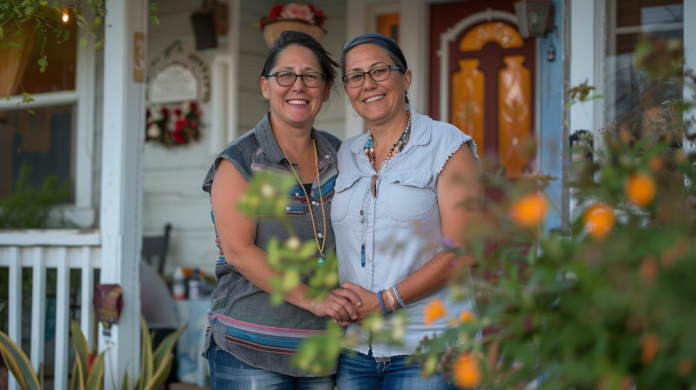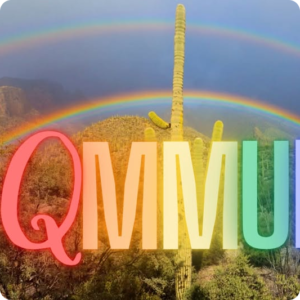
Before Tucson passed its groundbreaking anti-discrimination ordinance, the lives of gay, lesbian, bisexual, and queer individuals were fraught with uncertainty and fear. The LGBTQ+ community faced constant discrimination in various aspects of their daily lives, from employment and housing to public accommodations. Imagine being denied a job because of who you love or being turned away from a restaurant for expressing your true identity. These were common occurrences, creating an environment where LGBTQ+ individuals had to hide their true selves or face severe consequences.
The Birth of a Landmark Ordinance
In a progressive and courageous move, Tucson became one of the first U.S. cities to pass an anti-discrimination ordinance specifically protecting the rights of gay, lesbian, bisexual, and queer people. This landmark decision was not just a legal change but a powerful statement of inclusivity and equality. The ordinance prohibited discrimination based on sexual orientation in employment, housing, and public accommodations, ensuring that LGBTQ+ individuals could live openly without fear of unfair treatment.
This ordinance meant that employers could no longer legally reject a qualified candidate solely based on their sexual orientation. It provided a sense of security for LGBTQ+ employees, knowing that their job was protected by law. In housing, it ensured that landlords could not discriminate against tenants or prospective tenants for their sexual orientation, allowing LGBTQ+ individuals and families to find safe and welcoming homes. Public accommodations, such as restaurants, hotels, and retail stores, were also required to treat all patrons equally, fostering a more inclusive and welcoming community for everyone.
Impact on Everyday Lives
The impact of this ordinance on the everyday lives of Tucsonans was profound. For the LGBTQ+ community, it meant a newfound sense of belonging and acceptance within the city. It allowed them to participate fully in civic life without the constant threat of discrimination. This legal protection was a crucial step toward equality, as it empowered individuals to pursue their careers, secure housing, and enjoy public spaces without fear.
Businesses and institutions in Tucson also benefited from this change. By promoting a culture of diversity and inclusion, they could attract a broader range of talent and customers. The ordinance helped create a more vibrant and dynamic community, where differences were celebrated rather than shunned. It also set a precedent for other cities, demonstrating that protecting LGBTQ+ rights was not only just but also beneficial for the community as a whole.
Honoring the Past, Embracing the Future
We owe a debt of gratitude to the pioneers who fought tirelessly for the passage of this ordinance. Their courage and determination laid the foundation for a more equitable and inclusive society. As we celebrate Tucson’s leadership in LGBTQ+ equality, we must also recognize the ongoing need for progress. The baton now passes to the next generation of leaders to push the boundaries of anti-discrimination even further. Let us honor the legacy of those who came before us by continuing to strive for a world where everyone, regardless of their sexual orientation, can live with dignity and respect.
Together, we can build on the progress made and ensure that Tucson remains a beacon of equality and inclusivity for all.








